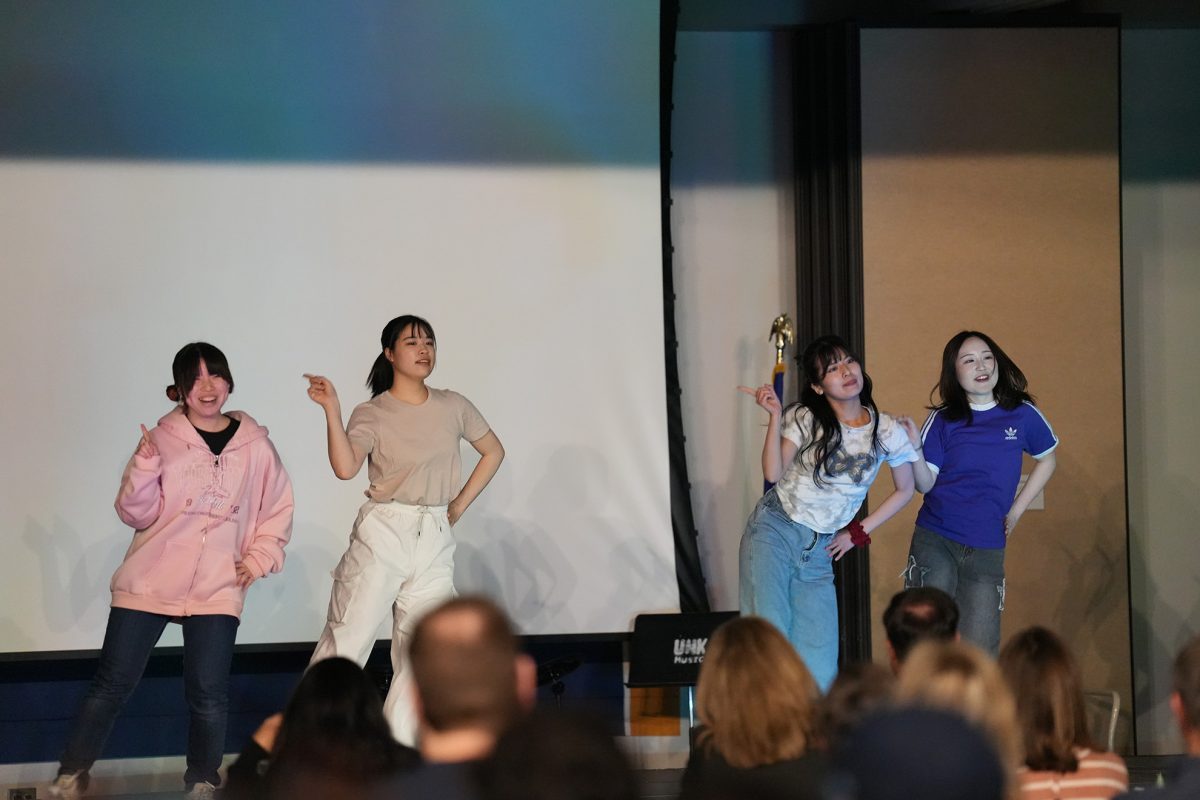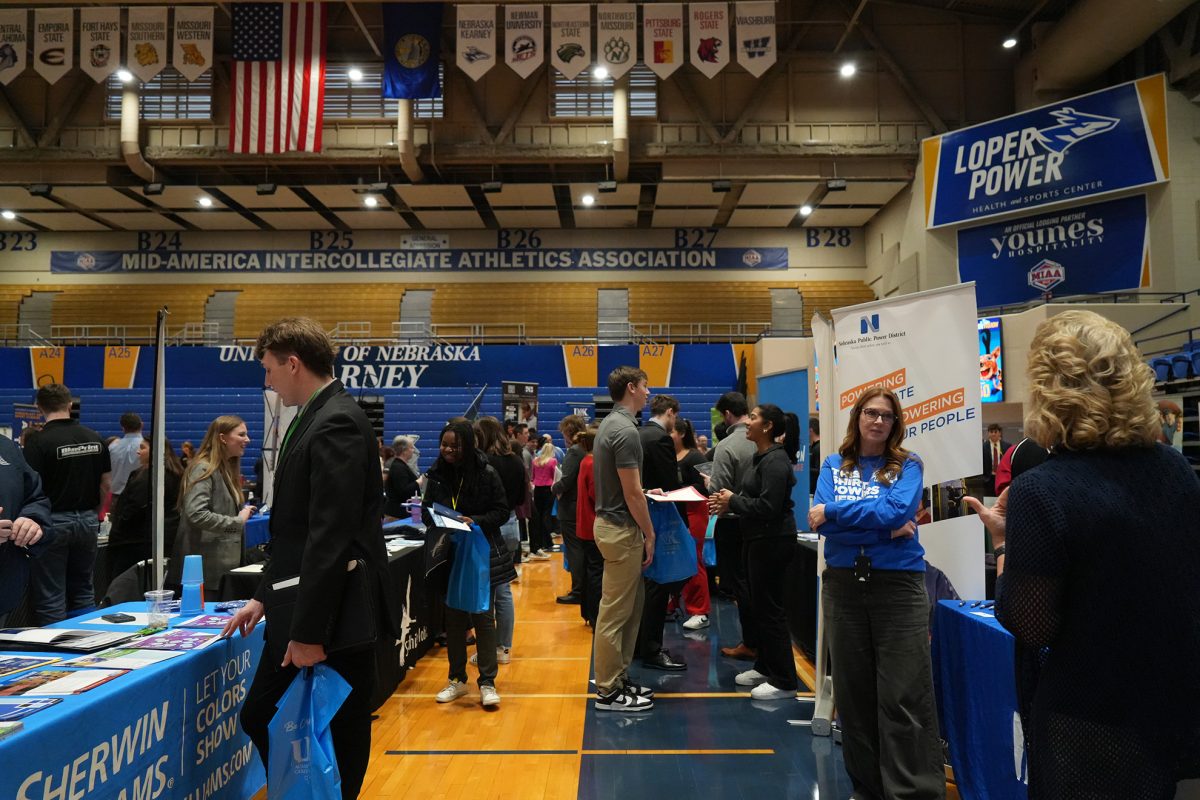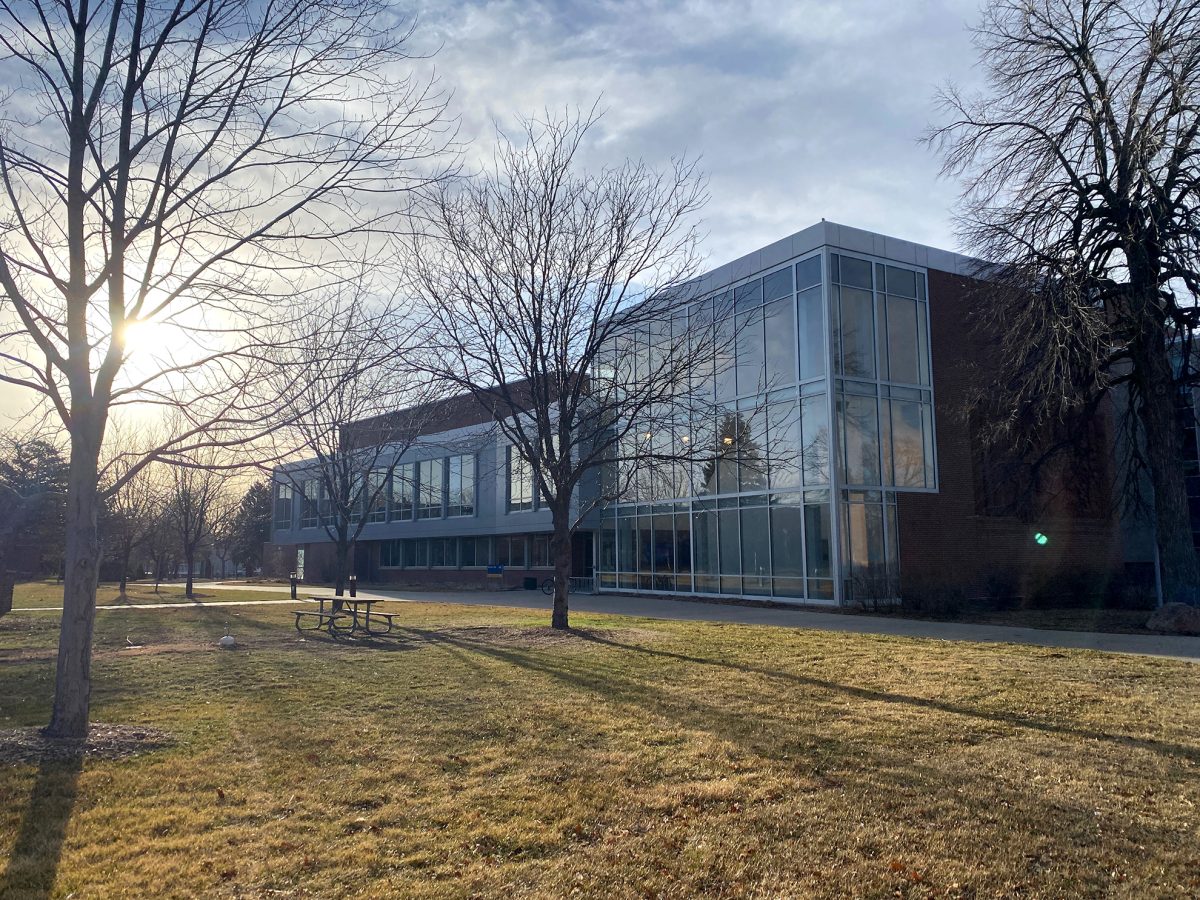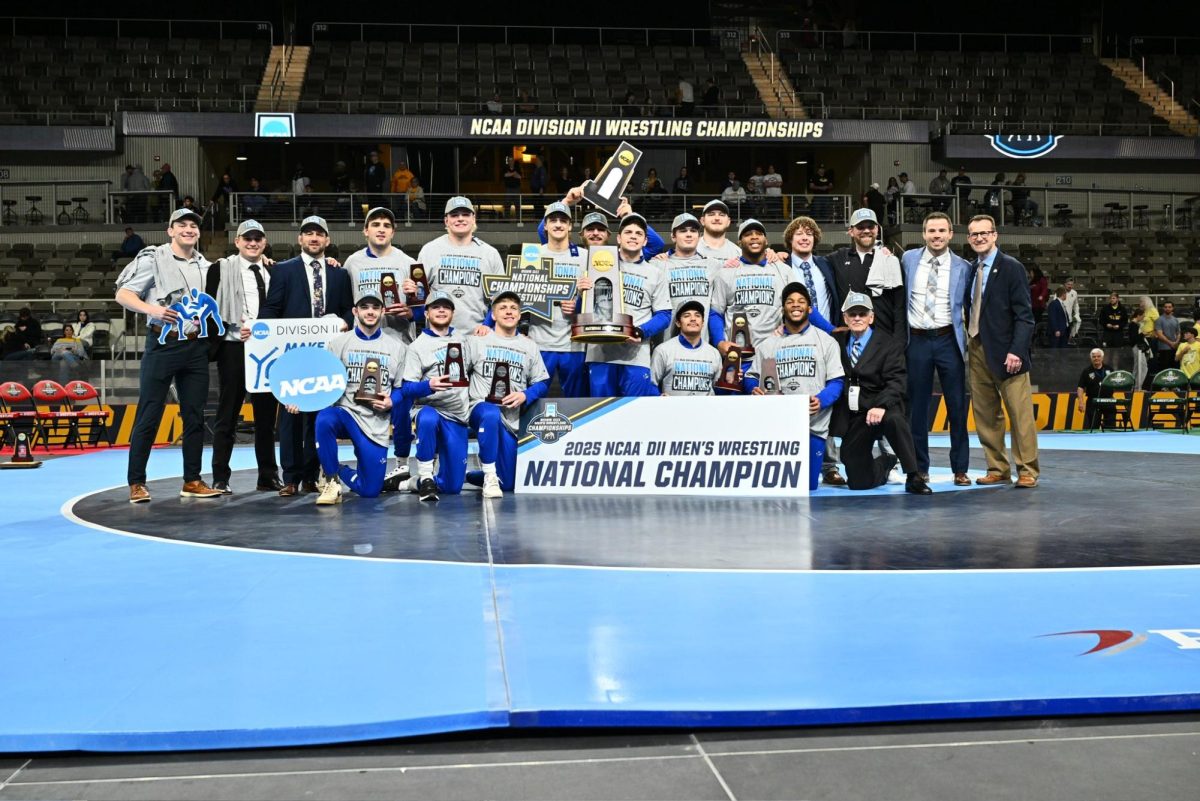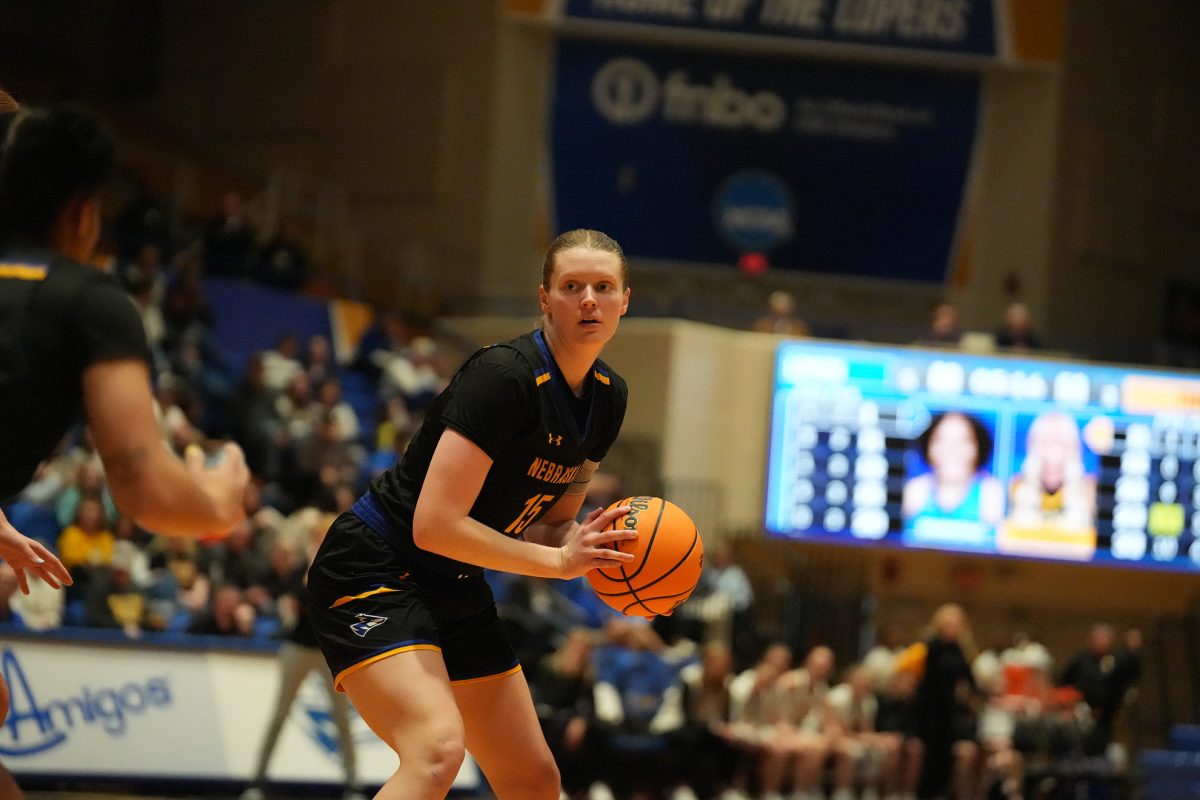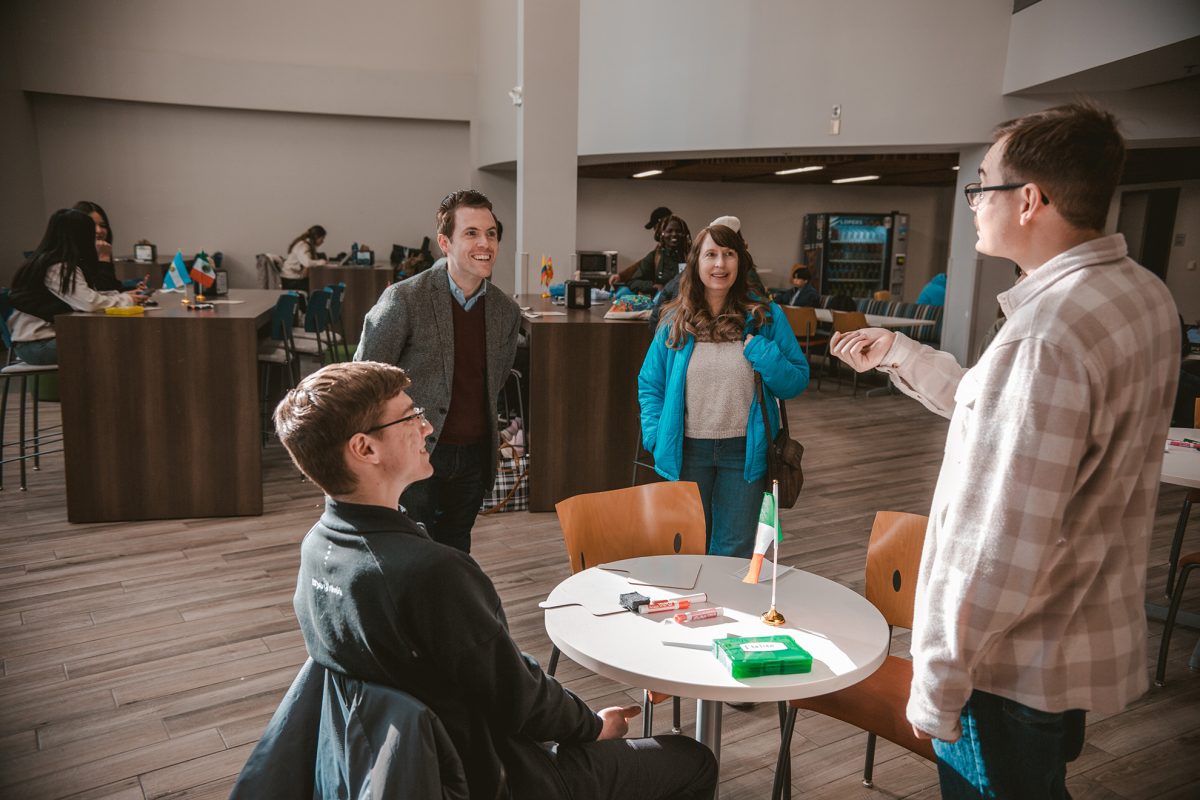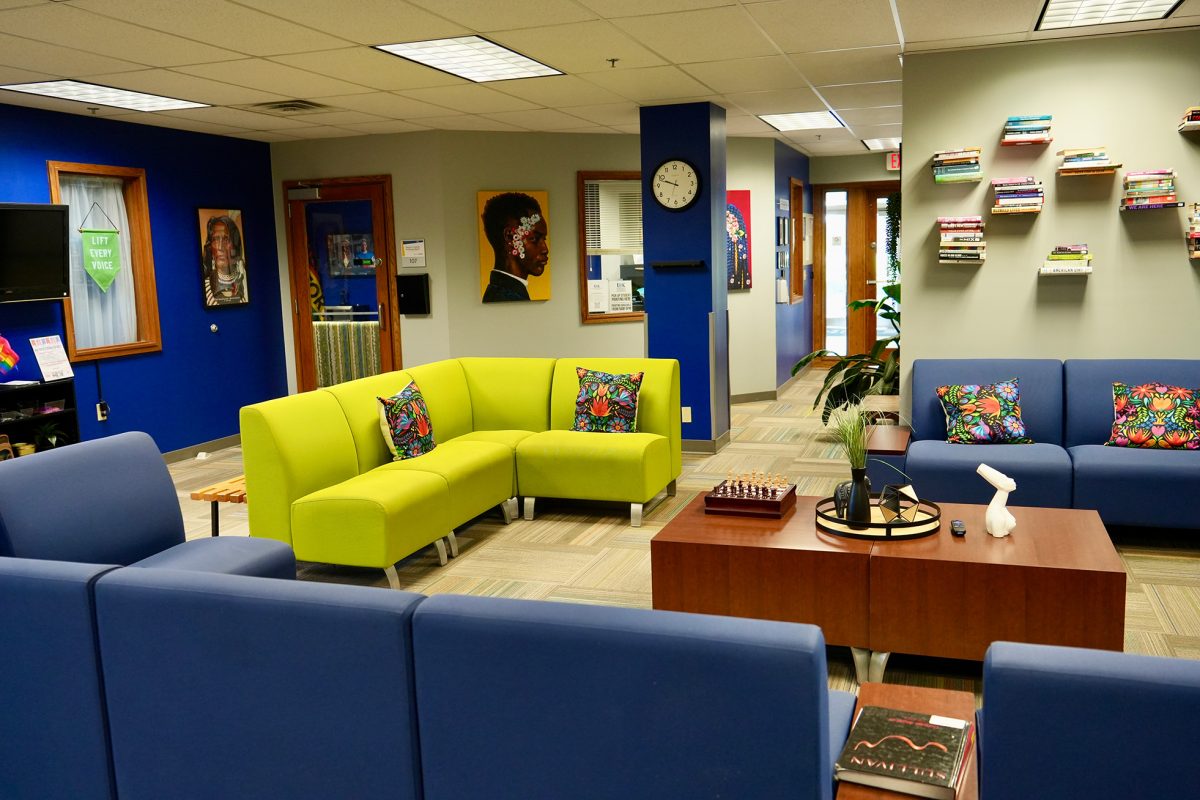Last month UNL announced the closure of its Office of Diversity and Inclusion. All positions within the office will be removed, including the Vice Chancellor for Diversity and Inclusion.
In addition, the UNO Gender and Sexuality Resource Center issued a statement announcing that their physical office had closed after administrative efforts to shut it down.
Avery Laing, a UNK junior and IEL scholar, said she wasn’t concerned for the future of UNK’s Office of Intercultural Engagement and Leadership until she heard the news about Lincoln.
“(The office of) IEL is very important to me because without this office I am not sure I would go to school here,” Laing said. “This office has provided more resources than I even knew were accessible in college.”
The UNK office contains eight student affinity groups meant to connect those with shared values, ideologies and identities. These include the Hispanic Student Association, Women are Problematic, Black Student Association, Prism, Global Student Association, African Student Union, United in Dance and First Nations Student Association.
Along with these organizations, the office has an Intercultural Scholars and Leaders Community. This provides opportunities for transfer students and freshmen to join a learning community that they will be a part of for all four years. It pays their tuition in full and part of their housing on campus.
IEL also manages the Loper Pantry, which serves UNK students and employees struggling with food insecurity.
“Not only do they help me pay for living on campus here, but they also have provided the Loper Pantry that helps me get groceries,” Laing said. “They have also helped hold me accountable in my academics and they are really there for mentorship.”
With the IEL office playing a crucial role in the lives of many students, it sparks various emotions amongst students on UNK’s campus.
“I was shocked that the University (UNL) heard firsthand from the students, staff and faculty and still made that decision,” Laing said. “I think to make those decisions to get rid of the office as a whole, you have to know what you are getting rid of. If you make that choice, you really don’t know the consequences that come with that and all the resources, structure, comfortability and support that is taken away from so many students.”
While the students involved are passionate about keeping the office since it is an important part of their college experience, the faculty and staff are determined to maintain the community they have built.
“I have confidence that our administration will ensure the best for our students on our campus,” said Augie Sanchez, interim director of the Office of Intercultural Engagement and Leadership. “I think they are taking a look at what is happening on UNL’s campus, but there haven’t been any conversations about making any changes at this moment.”
As for UNL, there are no plans to reinstate the office. Sam Schroeder, UNK student regent and student body president, said UNL is trying to navigate that change and its impact.
“I think that office provides a lot of support and resources directly,” Schroeder said. “I hope those resources don’t get lost in the mix of transitioning this position and this office out.”

